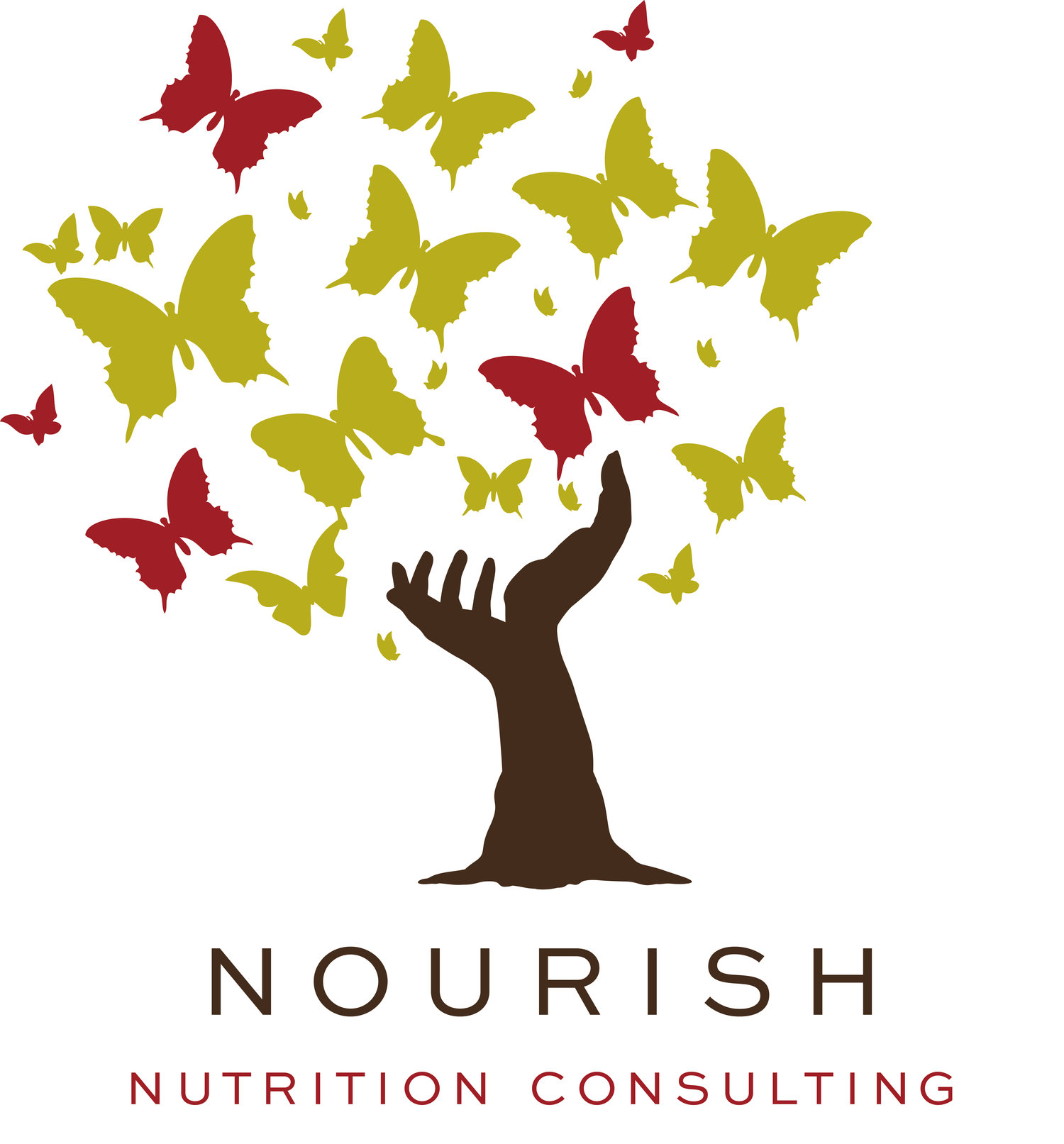Weight is not a behaviour.
First do no harm. (Hippocratic Oath)
Welcome.
I’m going to assume you’ve arrived on this page because you’re curious about what a non-diet approach is. You’ve possibly spent a lot of time and energy on trying to lose weight and you’re wondering if there might be a better way to take care of yourself.
I can support you if you:
Experience ‘emotional’ eating, binge eating, or feel as though you are “addicted” to food
Have experienced weight cycling and can’t seem to stabilise your weight
Live in a larger body and have experienced the pain of weight bias and fat phobia in our society
Have been prescribed weight loss for a health condition but want to manage the condition without having to go on another restrictive diet
Want to change how you eat but are sick of dietician
Don’t feel hunger or fullness or can’t tell when or how much to eat
The non-diet, weight-neutral approach
My approach is non-diet and weight-neutral, firmly seated in the Health At Every Size® paradigm, the principles of which are:
Weight Inclusivity
Health Enhancement
Respectful Care
Eating for Well-being
Life-Enhancing Movement
Please see https://asdah.org for more information. If you are ready to reject the idea that weight loss is a useful prescription, if you want to replace self-control with self-compassion and self-care, if you want to live well in your body at the size that is healthy for you, I can provide the support you need.
Building a positive relationship with food and your body is hard work yet well worth it. I can step you through the process of re-learning how to eat intuitively. Intuitive eating will enable your body to find its healthiest size and release you from the choke-hold that is our culture’s obsession with weight.
What is intuitive eating?
Intuitive eating enables us to nourish our body appropriately. Intuitive eating is not about external rules and is not based on value systems about body size. It is the connection between body and brain that we are all born with so it is not something we have to learn, but it is something we may need to rediscover.
As a Certified Intuitive Eating Counsellor, I can support you to reconnect with and honour your body’s hunger and our fullness, your desire for satisfaction and pleasure, and discover that you can choose foods from a place of honest desire and self-care, rather than a place of deprivation and self-control.
What has been your experience with diets?
By diets, I mean any method you’ve used to reduce your body size.
If you have ever subscribed to a commercial weight loss program, used a calorie-controlled meal plan or meal replacement shakes, started to ‘eat clean’, done a ‘detox’, gone low carb, low fat, gone gluten-free, sugar-free, done the Atkins diet, the South Beach diet, the Zone, diet, the cabbage soup diet, taken medication for weight loss, counted carbs, counted calories, counted macros, counted steps or embarked on an exercise program for the purpose weight loss…what was your experience?
Did you lose weight? Did you regain the weight?
How many times have you tried to lose weight and how many times have you regained the weight?
If you have lost weight and not regained the weight, how much physical and mental effort was required to maintain your lower weight?
How often did you blame yourself, feel disappointed in yourself, blame your lack of self-control and discipline when you regained weight?
Why do we regain the weight we lose?
Weight regain after we lose weight is a normal biological phenomenon.
In the same way that our body regulates our blood volume, our temperature and our heart rate, our body regulates our body weight and fat levels. We have a genetically-determined weight range at which our body will function best. When we fall below this weight range, the body is programmed to drive our weight back up and does so through a variety of physiological (hormonal, metabolic) strategies. This response is out of our control. No amount of willpower can beat biology.
So, given what we understand about the physiology of weight loss and regain, it makes sense that there is NO scientific evidence to support ANY strategy for losing weight and keeping it off: up to 98 percent of weight-loss efforts fail within 2-5 years. In the small percentage of people who do maintain weight loss, it is highly questionable as to whether or not their bodies are in a healthier state sitting below the range their DNA would like them to be.
No amount of dieting, exercising or self-discipline will lead to sustained weight loss.
Isn’t it healthy to lose weight?
That’s what we’ve been led to believe: Certain body types and sizes place you at lower risk of diabetes, high cholesterol, high blood pressure, heart disease, stroke, cancer…. And so the prescription if you’re in a larger sized body is almost always: Lose weight (even if it’s absolutely impossible).
However, good quality evidence for the reported benefits of losing weight if you fall above the ‘healthy’ BMI* range is non-existent. While there are studies showing a correlation between BMI and health, it is certainly NOT possible to assume causation.
It turns out that being in a larger body doesn’t automatically place you at any higher risk of so-called ‘lifestyle’ diseases than being in a smaller body. This is because health and illness are complex. Large population studies show us that a person’s BMI has absolutely NO bearing on mortality risk once health behaviours are taken into account.
Controlling for factors such as fitness or physical activity totally negates the purported effects of BMI, waist circumference and percent body fat on mortality risk. Active people in higher BMI categories have half the cardiovascular disease mortality rates of sedentary people in the ‘healthy weight’ BMI category. In addition to physical activity, positive lifestyle factors including being a non-smoker, consuming recommended levels of fruit and vegetables, and drinking alcohol in moderation are far more predictive of health outcomes than body size.
Furthermore, there are a whole list of issues which are less common in people in the ‘obese’ BMI category than in the ‘healthy weight’ BMI category, including lung, stomach, colon and oesophageal cancer, malignant melanoma, premenopausal breast cancer, chronic bronchitis, tuberculosis, mitral valve prolapse, anaemia, type 1 diabetes, premature menopause, and osteoporosis.
Poor health outcomes are more likely in people who experience weight cycling and those who have unhealthy behaviours such as skipping meals, smoking, purging, abuse of diuretics and laxatives, and use of weight loss products and medications. In other words, if you are caught up in behaviours which cause weight loss (and weight regain) repeatedly, your health outcomes are likely to be poorer than a person who is not pursuing weight loss (no matter their body size).
So, no. It would seem that losing weight is not a healthy pursuit. We are meant to be different shapes and sizes.
This video clip from ASDAH presents the issue well: Poodle Science.
* The BMI, or body mass index, is an incredibly flawed way of measuring an individual’s health for so many reasons which I won’t go into here.
The pursuit of weight loss can be harmful.
You would hope weight loss dieting would do no harm given that it is so frequently prescribed by health professionals as the treatment for everything from blood pressure control to knee pain relief to sleep apnoea to diabetes management.
But is it really harmless? Feel free to reflect on your personal experience of trying to lose weight. What impact on your physical and mental health did dieting have?
Published data suggest that the pursuit of weight loss IS harmful. Dieting is associated with:
Weight cycling (a risk factor for diabetes, high cholesterol and high blood pressure)
Poor self-esteem, anxiety and depression
Emotional eating
Please get in touch if you would like me to call you to discuss how a non-diet approach may help you.
“For some reason, we are truly convinced that if we criticise ourselves, the criticism will lead to change. If we are harsh, we believe we will end up being kind. If we shame ourselves, we believe we end up loving ourselves. It has never been true, not for a moment, that shame leads to love. Only love leads to love.”
Books which may be of interest to you:
If not dieting, then what? Rick Hanson
Health at every size. Lindo Bacon
Am I really hungry? Jane Bernard
Anti-Diet. Christy Harrison
Intuitive Eating. Evelyn Tribole and Elyse Resch



